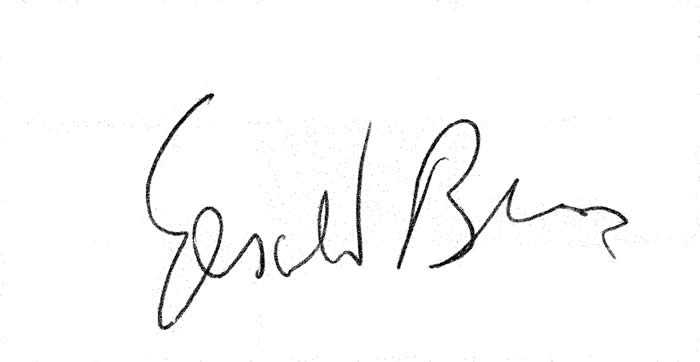
Our Mallarmé wants his Hamlet faded, like Pollock's cartridge-paper actors barely
tinted, crimson lake become rose, Davy's gray gone blue, Épinal disentailed.
William Shakespeare, age eleven, saw a masque for Queen
Elizabeth put on by Leicester, may have acted in it, wore black,
satin waistcoat with diamond buttons, midsummer night's black agent.
Keats, torn apart by solicitude, is introduced by Isabel
to suckets and liqueurs, finds to his shame that Dante
is more than Flaxman-illustrated states, tableaux, dies
regretting what he knows, wed to the "moist starre."
His Endymion was 4,000 lines, just like this poem. She floats
above our mountains mid-day, right side pale in that way she has,
luminous but not, even Halloween, a cold light. Cody's a hedgehog.
In Sendak's page of sketches for Through the Looking Glass Alice is naked,
looking in the first one at herself in a hand mirror like Herodiade. Later
she sits on a Humpty Dumpty, breaking it. Something intrudes,
always intrudes, the way life does, in the naked Hamlet words
no more important than clothes. No set, the avant discovered, is a set,
P-town's hurricane-whipped sea like Turner, half air, no use that day.
Conrad knew his "mirror" could any time agitate itself to vapor.
The Cheshire Cat eats Alice in the last panel. Author's eyes shrewd
or piercing behind glasses, mustache, lobes not distinct or descend behind
scant fringe of beard, can't draw a moon without putting a face in it.
So his Alice, unclad, sees in her hand mirror the March Hare's watch
swinging from his left paw. She is abashed, then frightened. All predicted
in a way by the reflection of a watch, pendular on chain like Freud's
as much a prop as his pince-nez when he wore pince-nez. One
kind of leaf dropped me into straight scatology. Days later I still
imagine wiping it off one finger on a book page. Sendak's experience,
listening to music, is that dreams can invade dreams, Poe's manacles
in soft stone, For the love of God, Montresor, the last stone cemented in.
I met a man whose uncle is a Myth Keeper for the Micmacs.
They call him and all he hears is silence on the phone line, a few
voices far away. They used to send a crow, same experience though
and that is how a raven's like a writing desk.
I think of those who were nearly great -- Chesterton who tried to eat
the world and nearly made it, and was great in his Chaucer and Aquinas,
RLS and Shaw, MacDiarmid onywhaur, Lap of Honour, More Collected Poems.
Ane thought the ither's thocht, Catullus in the fish, "O my wee troot!"
We've had more than our share, Ms. Moore, Zukofsky, Olson, inimitable
and odd, eccentric as Poe and Gertrude Stein from being doggedly centric,
Grieve's Lectures in the Hebrides invading his poems, Marianne's thoughts on marriage.
Chaucer loved the didactic for its own sake, because teaching reminded him of learning,
and Symbolists taught us more than a frisson, a psychological aspect, the
language of learning, like the language of poetry, including wonder.
If it's true that dreams are shadows of the waking world,
shadows in the world can seem like dreams, as M. R. James
objected to bright sunlight in a ghost story though a bright
brass knob on a Bloomsbury door is like a snake on a rock
in Big Bend or southern Oregon, gravid with shade -- as Zukofsky
says, "see sun / think shadow," absorbing more light than it reflects,
a prism of possibility, coiled molecules en plain if that's the French.
Sur something maybe, a solid rectangle always something of a tablet, like
pictures of guitar strings with dots for where to put the fingers.
Copyright Gerald Burns 1995-1997